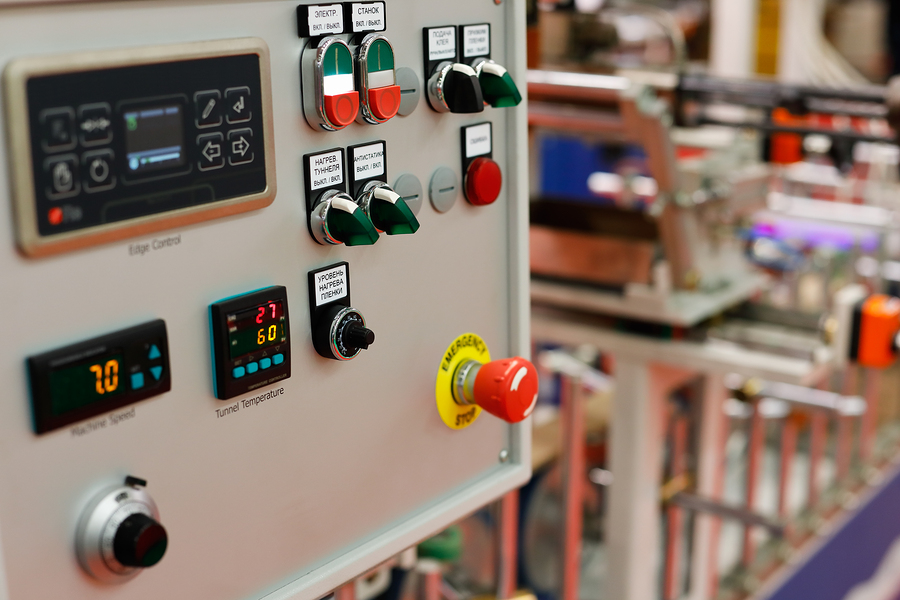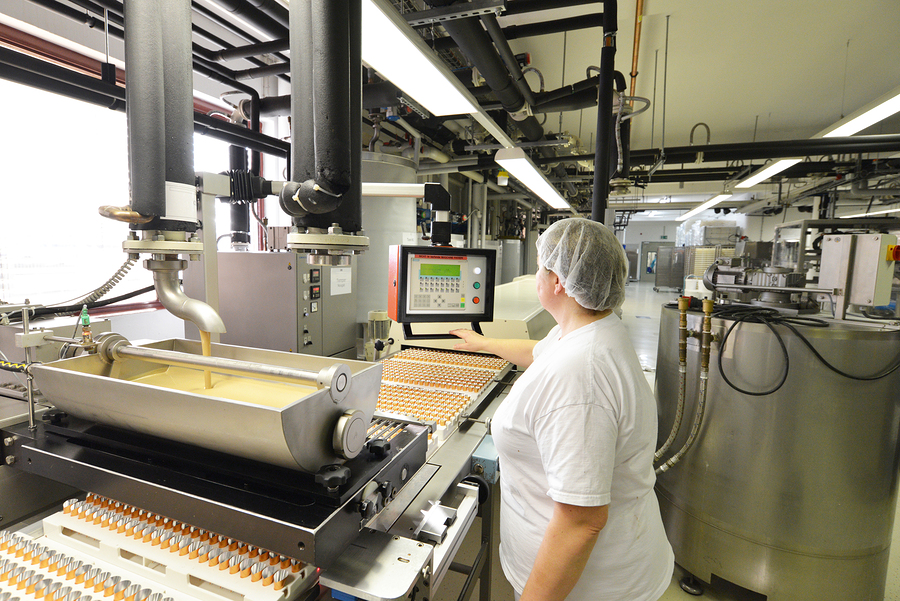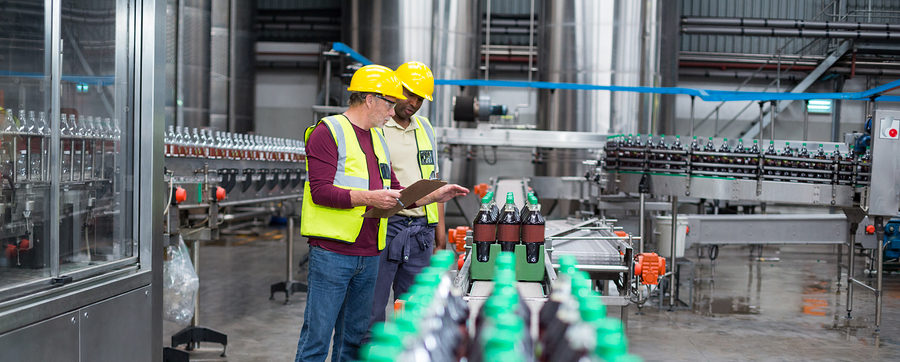Factory automation has been around for decades. Today’s automation technology is better than ever, thanks largely to advanced artificial intelligence (AI) and better sensors. In fact, sensor technology is a driving force behind advancements in factory automation, enabling smarter processes and better variability in designing repeatable functions. Simple sensors are powering a wave of improvements as factories continue to digitize.
Enabling all forms of automation
In principle, automation is about programming a task and letting it run unassisted. In practice, however, automation varies in execution. This is a key fact to understand because different types of modern automation depend primarily on sensor function to execute. Here’s a look at the core types of modern industrial automation:
- Rigid automation involves a repeated task with no variation. For example, the filling machine always fills 11.8 ounces of liquid into a bottle; the industrial kiln is always heated to 1,500 degrees.
- Flexible automation offers variability on a core function. For example, a capping machine applies 40 pounds of pressure, unless it meets resistance above 30 pounds, which triggers a stop.
- Programmable automation deals with batches of production and the unique specifications each batch demands. For example, the industrial oven heats to 600 degrees for 12 minutes for Batch A, 800 degrees for 8 minutes for Batch B, and 1,000 degrees for 10 minutes for Batch C.
Keep in mind that each process involves little to no human interaction. This means something else must govern the automated action. It’s where sensor technology first found a foothold and why it’s now more robust than ever before.

The 4 types of sensors
Regardless of the task subject to automation, there are four chief types of sensors, based on core measurable variables.
1. Temperature sensors, which can also include humidity sensors. Temperature sensors detect everything from ambient heat to heat through a medium, governing a wide range of processes.
2. Pressure sensors, which can also include vacuum sensors. These sensors send electrical signals when force applications change. They’re often used in turning applications and CNC manufacturing, as well as in assemblies and production lines.
3. Micro-electro-mechanical system (MEMS) sensors, which include motion sensors. MEMS sensors convert electrical signals into measurable data, gauging changes in electrical and mechanical systems. This group has the most diverse range of industrial applications.
4. Torque sensors, which measure axial force such as rotation inertia or speed. These sensors are frequently used in robotics applications and are an integral part of automation technology.
Together, any combination of these sensors paves the way for modern automation, regardless of whether it’s rigid, flexible, or programmable in nature. Sensors from these core groups control the execution and action of every automation.

Sensors and automation are only growing
It’s no secret that automation is booming in the midst of Industry 4.0. In fact, the factory automation market is projected to reach $269.5 billion by 2024, up from $160 billion in 2018. There’s a clear focus on investment in automation technologies, which is sure to drive demand for better sensor technology.
As automation and sensor technology creep further into the core processes of factories, companies will need to train and educate their maintenance and repair teams on these components. We’ve moved a long way from just torquing bolts! Tomorrow, critical factory repairs will involve sensor recalibration and programming.
